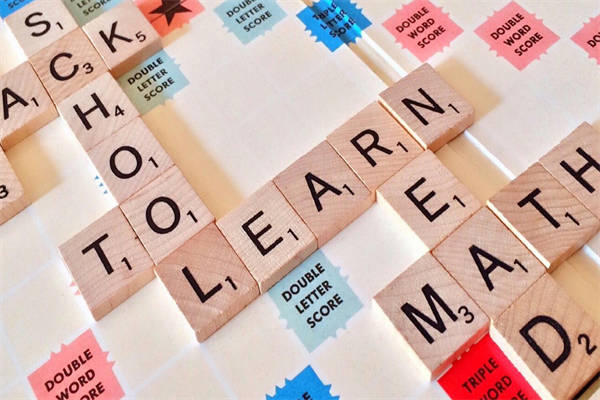Mastering English Prepositions: A Guide for Summer Language Learners
.png)
Embarking on a summer language learning journey can be both exciting and challenging. One of the key aspects of mastering English is understanding and using the correct prepositions. This guide will address some common questions about using prepositions in English during the summer months.
What Prepositions Should I Use with "During" in English?
When using "during" in English, it typically refers to a specific period of time. It is commonly followed by nouns or noun phrases that denote a time frame. Here are some examples:
- During the summer: This phrase is used to refer to the entire summer season. For instance, "I plan to travel during the summer."
- During the holidays: This is used when referring to a specific holiday period, such as Christmas or New Year's. Example: "I spent the holidays with my family."
- During the day: This indicates a period within a single day. Example: "I like to go for a run during the day."
- During the week: This refers to a specific week. Example: "I have a busy schedule during the week."
How Do I Use "On" and "In" to Refer to Dates in English?
The prepositions "on" and "in" are used to refer to dates, but they have different uses. Here's how to use them correctly:
- On: This is used for specific days of the week or for dates. Example: "I have a meeting on Monday."
- In: This is used for months, years, or seasons. Example: "I was born in 1990."
It's important to note that "in" is also used for dates that include the year, like "in 2023," but not for specific days of the week. Always consider the context to determine which preposition to use.
Can I Use "At" to Refer to a Specific Time of Day?
Yes, you can use "at" to refer to a specific time of day. It is commonly used with clock times. Here are some examples:
- At 8 a.m.: This indicates a specific time in the morning. Example: "I wake up at 8 a.m."
- At 12 p.m.: This refers to noon. Example: "Lunch is at 12 p.m."
- At 5 p.m.: This indicates a specific time in the evening. Example: "I have a meeting at 5 p.m."
Remember that "at" is not used for time periods that span a longer duration, like "in the morning" or "in the evening," but rather for specific moments in time.
What Prepositions Should I Use with "To" and "From"?
The prepositions "to" and "from" are used to indicate direction or movement. Here's how to use them effectively:
- To: This is used to indicate a destination or the direction of movement. Example: "I am going to the store."
- From: This is used to indicate the starting point or origin. Example: "I came from school."
It's important to note that "to" and "from" are not used interchangeably; they have distinct meanings and should be used based on the context of the sentence.

.png)

.png)
